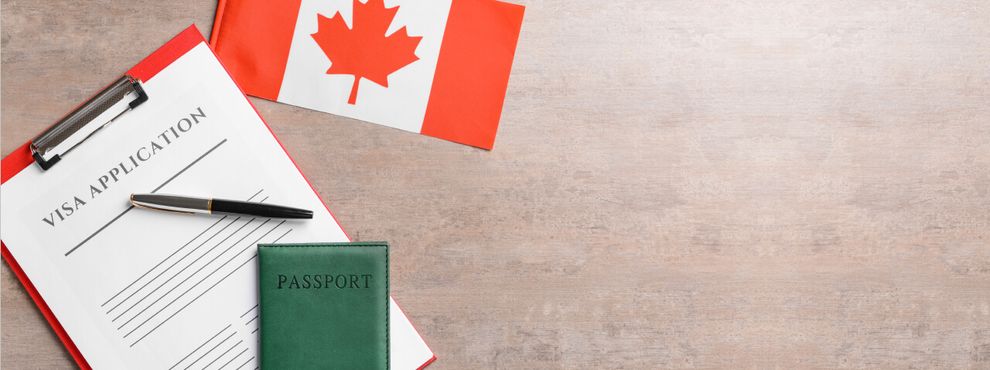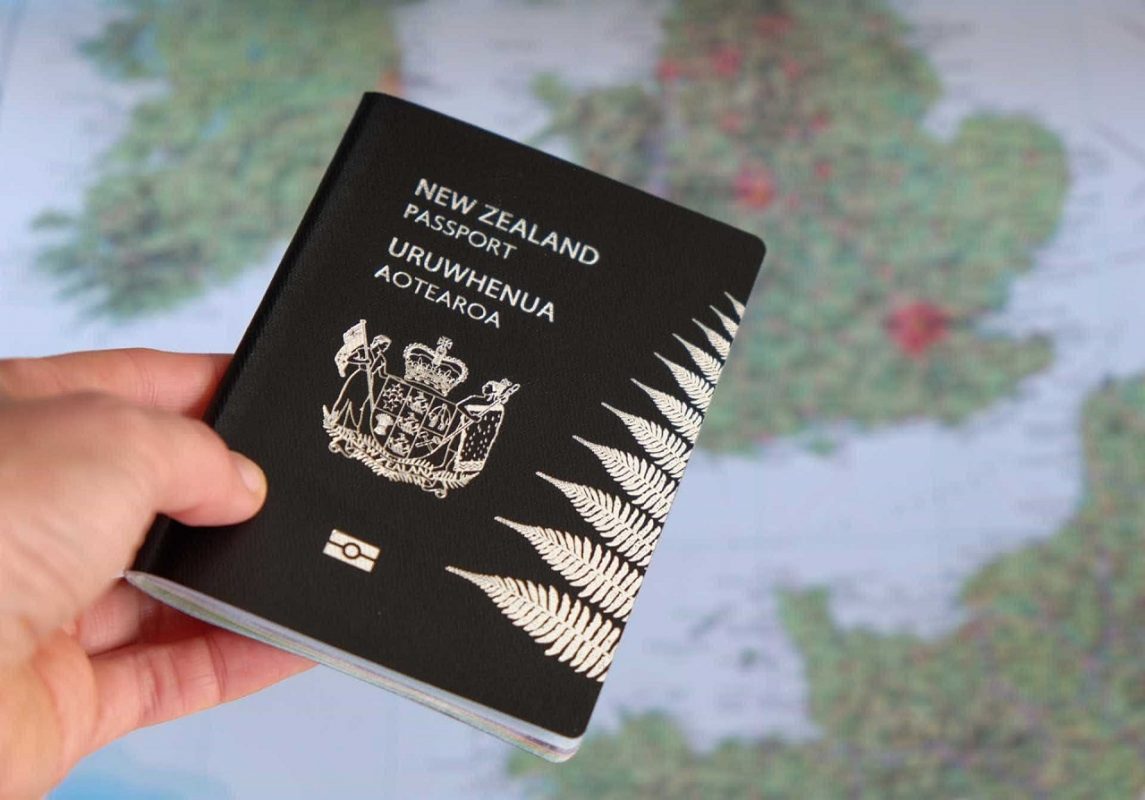Welcome, fellow adventurers! If you’re a Japanese citizen dreaming of exploring the mesmerizing landscapes and vibrant culture of Vietnam, then this blog post is your ultimate guide. Whether you’re planning a thrilling backpacking escapade or an indulgent culinary journey, we’ve got you covered with everything you need to know about obtaining your Vietnam visa hassle-free. From top-notch tips on the application process to important travel requirements, let us be your compass as we navigate through this comprehensive guide together. So grab your passport and get ready for an unforgettable Vietnamese adventure tailored specifically for our Japanese friends! VIETNAM VISA FOR JAPANESE CITIZENS
What is the Vietnam Visa Process?
If you are a Japanese citizen, you may be able to visit Vietnam visa-free as long as you have a valid passport and return ticket. Note that there is a maximum stay of 30 days in each country, so make sure to plan your trip well in advance.
To apply for a visa, you will need to submit an online application form and pay the applicable fees. You can find more information on the Vietnam embassy website or by contacting the nearest Vietnamese consulate. Once your application has been processed, you will receive an email notification confirming your visa application has been accepted or rejected. If your application is accepted, you will need to arrive at the Vietnam embassy for your visa interview within 14 days of receiving the notification. If your application is rejected, make sure to read the rejection letter carefully and find out why it was declined. If you still have questions about the visa process or haven’t been able to resolve any issues with your application, please contact the nearest Vietnamese embassy or consulate.
How to Apply for a Vietnamese Visa?
Japanese citizens can apply for a visa to visit Vietnam at the Vietnamese Embassy or Consulate in their country of residence. The application process is straightforward, but there are a few things you should know in order to avoid any potential delays or problems. Here is a step-by-step guide on how to apply for a Vietnamese visa:
1) First, gather all of the necessary documents needed for your visa application. This includes your passport (valid for at least six months from the date of your planned trip), two recent photos (taken within the last 12 months), and a letter of invitation from an approved travel agent or tour operator in Vietnam.
2) Next, find the nearest Vietnamese embassy or consulate and make an appointment to submit your application. You will need to bring copies of all of the aforementioned documents as well as your passport scan page. VIETNAM VISA FOR KAZAKHSTAN CITIZENS
3) Once you have made an appointment, go to the embassy or consulate and present all of the required documents. You will be required to take an oath or affirmation regarding your intention to observe Vietnam’s laws while in the country and may also be asked to provide evidence that you have sufficient funds available to cover any expenses during your stay. If everything goes according to plan, you will then be issued a visa confirmation number which you will need when departing for Vietnam.
How to get a Vietnam Visa if you are a Japanese Citizen?
If you are a Japanese citizen and you want to visit Vietnam, then here is a guide on how to get a visa.
First of all, you will need to apply for a visa at the Vietnamese embassy in your home country. The application process can take up to several weeks, so it’s important to start early. You will need to provide your passport details, national identification card number, and other relevant information. You may also be required to attach a copy of your ticket or itinerary.
Once your application has been processed, the embassy will send you an invitation letter which will detail the exact date and time of your visa interview. It is important that you arrive at the interview well-prepared; remember to bring documents such as your passport photograph, valid travel insurance, and proof of financial resources in case you have to spend money while you are in Vietnam. Make sure that all of your documentation is accurate and up-to-date; any mistakes could result in delays or denied visas.
If everything goes according to plan, you will be issued a visa allowing you entry into Vietnam. Be sure bring enough money with you: Visa fees vary depending on the nationality of the applicant, but they can generally range from US$40-100 per person. Be aware that if you are traveling with children under 18 years old they must have their own valid passports and visas.
How to get a Vietnam Visa if you are a Kazakhstan Citizen?
If you are a Kazakhstan citizen and want to travel to Vietnam, there are a few things you will need to do in order to get a visa. The process of obtaining a Vietnam visa for Kazakhstani nationals is relatively straightforward, but there are a few things you will need to keep in mind.
First, make sure that you have the required documents. These documents include your passport (valid for at least six months after your planned departure from Vietnam), an onward ticket, and proof of sufficient funds (around $60-$120).
Second, make sure that you apply for your visa well in advance. Unfortunately, Vietnamese visas are not usually available on a walk-in basis. Instead, you will need to submit an application form online or through the embassy or consulate of Vietnam in your home country.
Remember that the validity of your visa is typically three months, so make sure that you have enough time left on it before departing for Vietnam.
What to Bring with You on your Vietnam Travels?
When planning your Vietnam travels, it is important to be armed with the right information. This comprehensive guide will teach you everything you need to know about getting a visa for Vietnam, including what type of visa you need and how to apply. Additionally, this guide will list some essentials that you should bring with you on your trip, such as a valid passport and travel insurance. Be sure to check our frequently asked questions for more advice on traveling to Vietnam.
Useful Information for Tourists staying in Vietnam for Longer Periods of Time
If you are planning to stay in Vietnam for an extended period of time, or if you already have a visa and are just looking for some useful information, this guide is for you.
First of all, make sure that you have the correct visa type. If you are a Japanese citizen, your visa should be a Tourist Visa B (TPV-B). If not, your visa will not be valid and you will need to leave Vietnam.
The duration of your visa is up to the Vietnamese government but generally speaking, it is valid for 3 months. You can only stay in one city at a time and must leave each city within 24 hours. Additionally, you are not allowed to work or study while on your TPV-B visa.
To apply for your TPV-B visa, go to any Vietnamese embassy or consulate worldwide. There is no fee for this process but you may need to present some documentation such as your passport photo and proof of travel arrangements (e.g., plane ticket).
Once you have received your TPV-B visa, the next thing you will need is a tourist visa extension. This can be done at any Vietnamese embassy or consulate but again there is no fee associated with this service. Simply provide the authorities with the same paperwork that was used to obtain your original TPV-B visa and they will issue an additional three month extension.
Be aware that if you overstay your
Conclusion
Japan is a popular tourist destination for many people all over the world, and Vietnam is no exception. If you are planning on visiting Japan and want to stay there for an extended period of time, you will need to obtain a Vietnamese visa. This guide has everything you need to know in order to apply for a Japanese visa and make the process as smooth as possible. From what type of visa you require to how long it will take, this guide has it all. So if your travel plans include Japan, be sure to read through this guide carefully so that you can prepare yourself properly!



